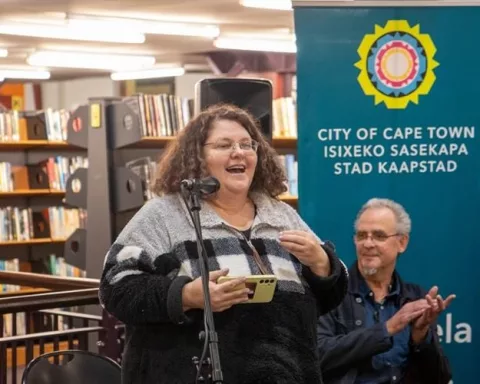The Water and Sanitation Directorate is conducting critical maintenance work on the city’s water supply infrastructure from 12 to 17 September 2023. The maintenance projects include zero-pressure tests (ZPT), conditional assessments, and various pipe and valve installations, repairs, and replacements. While the work will result in temporary water supply disruptions in specified areas, the long-term benefits cannot be overstated.
Areas Affected
Neighborhoods such as Rylands, Athlone, Claremont, Bergvliet, Constantia, Knole Park, Ottery, Capri, and Everite Industria will experience water supply disruptions due to these maintenance projects.
Zero-Pressure Testing and Conditional Assessment
Zero-pressure testing and step-testing are vital components of the pressure management technology installation process. These tests help identify any unmapped inflows that must be considered before the implementation of smart pressure-reducing valves. While some residents in the affected areas may experience low water pressure, others may temporarily have no water access. Unfortunately, it is impossible to predict precisely which streets or neighborhoods will be affected.
Conditional testing helps evaluate the performance of pressure-reducing valves (PRVs) in the water supply network. By ensuring these valves are operating effectively, the city can better manage pressure levels, conserve the pipeline’s lifespan, and reduce water wastage caused by pipe bursts. Although pressure fluctuations may occur during testing, efforts will be made to minimize any inconvenience to residents.
Pipe and Valve Maintenance
The maintenance work on pipes and valves is part of a proactive infrastructure upgrade program by the Water and Sanitation Directorate. This program aims to secure the future continuity of water supply by addressing unaccounted-for water issues.
Preparing for Water Supply Disruptions
Residents of the affected areas are advised to store sufficient water in clean, sealed containers beforehand and keep taps closed to prevent potential damage and water wastage when the supply is restored. Once the water supply resumes, residents may notice discolored or milky water, which should clear up after running the taps for a short period.
Staying Informed
Maintenance work is carried out during times that cause the least disruption to residents. However, unforeseen complexities may arise, potentially extending the duration of the projects. Consequently, affected residents must stay informed and follow updates from reliable sources such as @CityofCTAlerts.
The planned water supply maintenance work is essential for the well-being of the city’s water infrastructure. While temporary disruptions will cause inconvenience, residents should understand that these activities ultimately lead to better water management and reduced wastage. By staying informed and prepared, residents can minimize the impact of these disruptions on their daily lives.








